Graham Reid | | 3 min read
U2: Zoo Station
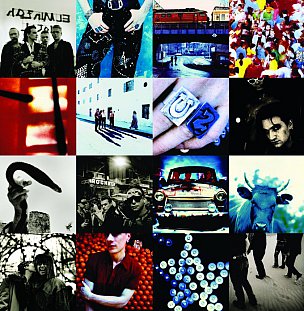
In Dublin, at the end of the final U2 concert on the Lovetown tour in 1989 -- broadcast to 200 million in a live radio link up -- Bono said they would now “go away and dream it all up again”.
From a scrappy post-punk band at the start of the decade they had delivered half a dozen albums which connected them with a global audience, and had written stadium anthems which are still the cornerstones of their career today.
You can't imagine them not playing Bullet the Blue Sky, Where the Streets Have No Name, With or Without You or I Still Haven't Found What I'm Looking For, all from 87's Joshua Tree which sold in excess of 25 million.
Their double album Rattle and Hum – and the tie-in film – of the following year seemed a desperate (and unnecessary) attempt to put them on the same platform as the legends (by covering the Beatles' Helter Skelter, Dylan's All Along the Watchtower, a tribute to Billie Holiday in Angel of Harlem), hooking into a mythical America (by recording at Sun Studios) and working with B.B. King for some added cred.
They hardly needed it.
They had succeeded in becoming the biggest band on the planet and were unassailable. They were also rich, musically curious and perhaps feeling the straitjacket of stadium-shaped fame.
So they dreamed it all up again for one of the most remarkable albums of their career, Achtung Baby -- this Essential Elsewhere album -- which now celebrates it 20th anniversary.
Perhaps prompted by the critical trashing the pretentious Rattle and Hum got from many quarters, they shifted their ground – literally and figuratively. They went – as Bowie and Iggy Pop had done before them – to Berlin to get some of the edgy vibe of that recently re-unified city, and hooked up again with producers Brian Eno and Daniel Lanois (the latter principal producer, Eno more the conceptualist/provocateur who would review the sessions) to explore an alt.rock and techno alongside their archetypal ballads.
Achtung Baby was the sound of a band stretching itself into areas of discomfort for inspiration – the lyrics are less optimistic, more fragmented – and it opens with a clear statement of purpose on Zoo Station where discordant techno noise sweeps in while Bono's voice, also distorted, announces “I'm ready for the laughing gas, ready for what's next . . . ready to let go of the steering wheel”.
This is followed by the dark churn of Even Better Than The Real Thing (“We're free to fly the crimson sky, the sun won't melt our wings tonight”) and later there was the equally dark and menacing The Fly (“It's no secret ambition bites the nails of success, every artist is a cannibal, every poet is a thief”).
This was very different U2 – six years later Radiohead would make a similarly courageous and innovative step sideways with Ok Computer – although they kept one foot in the stadium-pleasing ballad arena with arguably their finest such piece, One.
But even Mysterious Ways, which could have been an archetypal U2 song, is given the techno-stab with guitar and edgy beats.
In one sweep, U2 had reinvented themselves, used their position to take risks (which they consolidated with Zooropa two years later) and took this on the road with a stage show which lost money in most places but redefined the possibilities of stadium rock through the use of screens and technology.
The Zoo TV tour was an astonishing ambitious, multi-media performance-art rock statement which only this band could make.
That they did it on the back of an album as musically interesting, challenging and genre-defying as Achtung Baby earned them enormous respect from those who had previously found them pompous and bombastic, and Bono a frontman with a messiah complex.
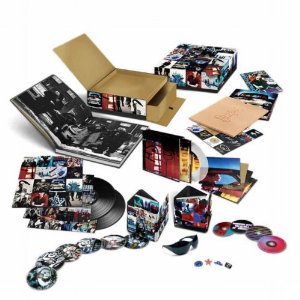 On its 20th anniversary this
album – their most challenging, critically essayed and acclaimed –
gets a massive reissue.
On its 20th anniversary this
album – their most challenging, critically essayed and acclaimed –
gets a massive reissue.
There is the album re-presented; a deluxe version with a disc of B-sides, remixes and covers (the Stones' Paint It Black and Creedence's Fortunate Son); and a six CD/four DVD edition with the remastered album, its Zooropa sequel, remixes and B-sides, an alternative Achtung Baby, videos, a doco and the ZooTV live film shot in Sydney. And there's a vinyl version with the album and remixes over four records.
Only Lotto winners and obsessives might go for the super deluxe edition so, given many have the original, attention turns to the 14 extra tracks on the double-disc version.
Lady with the Spinning Head sounds like very bent Oasis sent to Morocco; Blow Your House Down is a straight-ahead rocker with a touch of dirty glam footstomp and a keening guitar part; Lou Reed's Satellite of Love comes off less persuasive than when Bono duetted with Lou's image on the big screen on the ZooTV tour; the Temple Bar remix of Wild Horses neatly strips it back to a more familiar ballad with Springsteen-like breadth; those covers are effectively rendered in the Achtung Baby ethic but aren't up to much; but the broody instrumental Alex Descends to Hell would have fitted neatly onto the album.
The extra disc could be read as a lost U2 album from this exciting period.
Achtung Baby remains a defining statement in their career and if they retreated from the dynamic invention of the period after the slightly disappointing Pop in '97 it doesn't change the fact that here was a band creating something different because it wanted to, and it could.
A lot of bands have that capability, U2 – to their great credit – are among the few who did it.

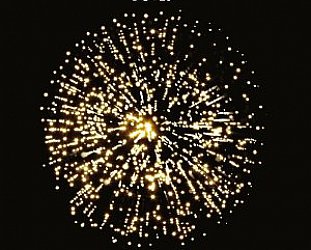

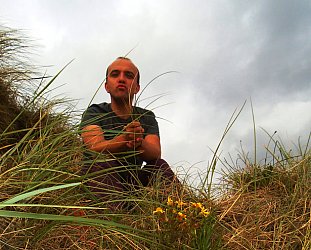
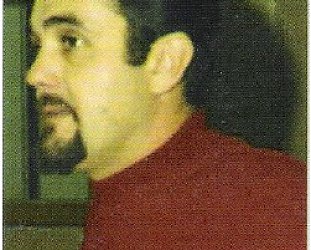
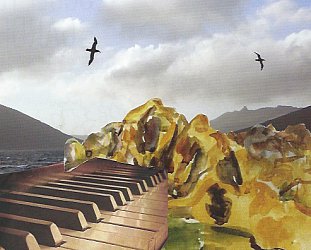

Blair Morgan - Nov 3, 2011
Couldn't agree more Graham. Make no mistake these guys were veering into ABBA-like hatred territory following the appalling Rattle & Hum faux Americana phase. Edge had put away his pedals, Bono was trying to channel Gram Parsons and the results were ridiculous. At least Jagger/Richards etc had grown up immersed and obsessed with America. Can't overstate the effect then when the new look was unveiled with the black leather and fly goggles and "The Fly" was released. I remember the song in particular getting a thrashing in my Sydney flat especially Edge's solo where the pedals had indeed returned and even added Hendrix overtones. You get the feeling though that these guys owe a lot to Lanois and Eno.
Savepost a comment